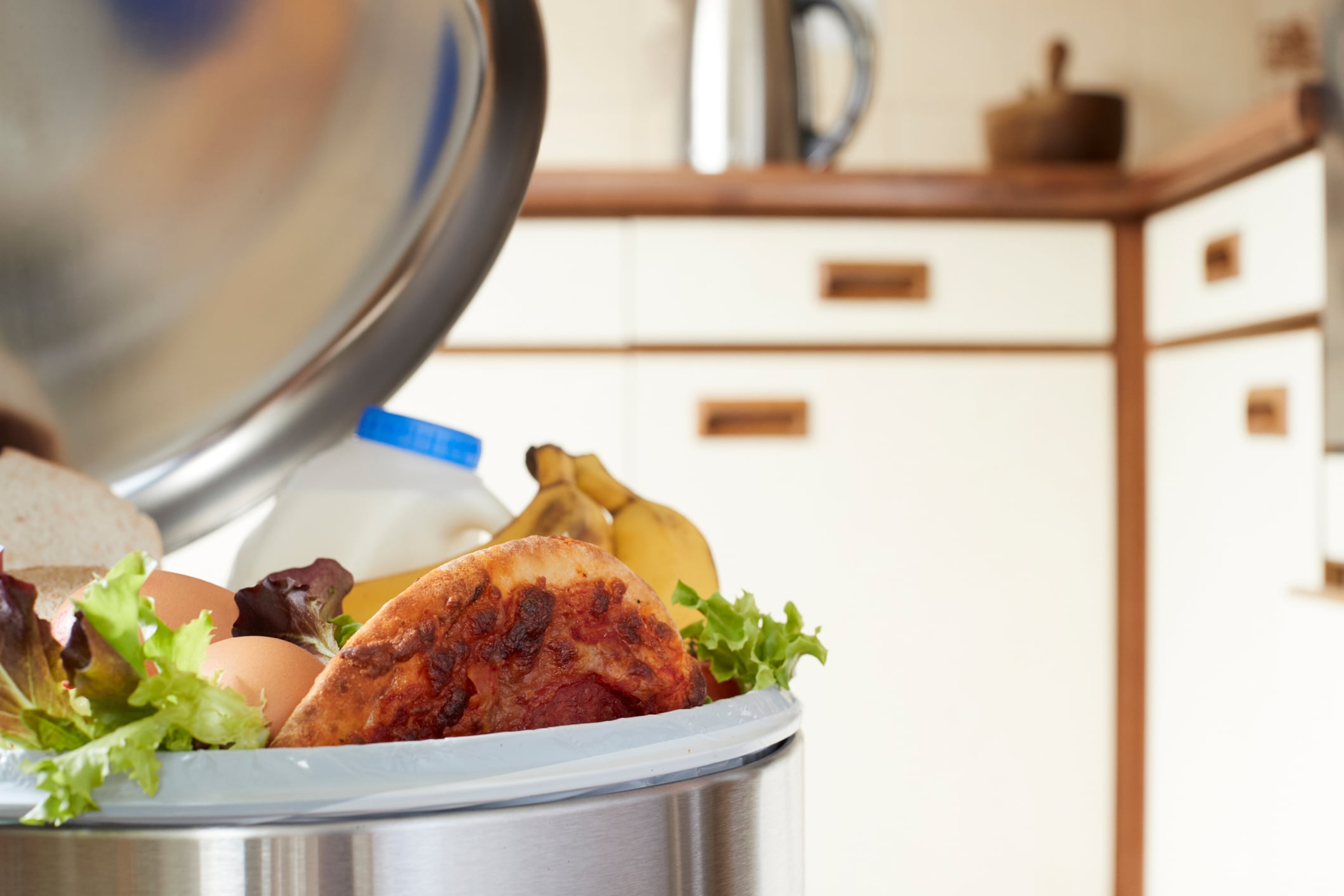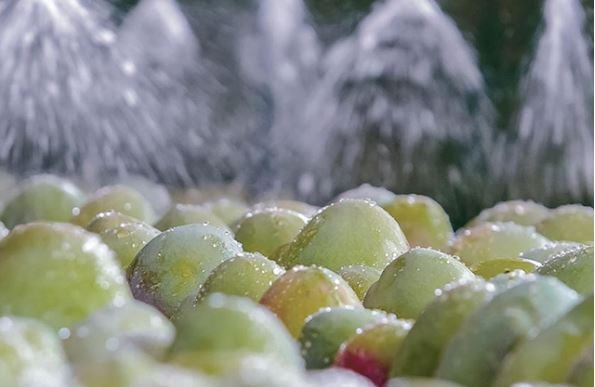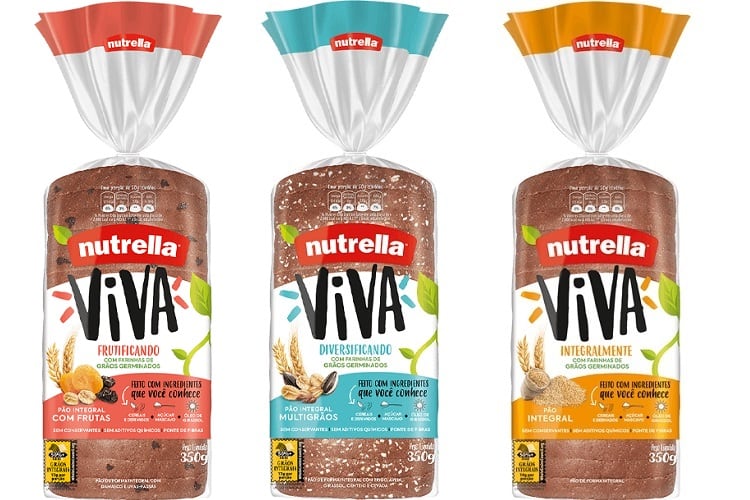Developed by a group of students-turned-entrepreneurs, the patent-pending technology could help reduce the 41,000 tons of food wasted in Brazil every day, they say.
“The sensor is based on a biomolecule [in the plastic], which interacts with the food and shows when it is not good to consume through a change of color,”
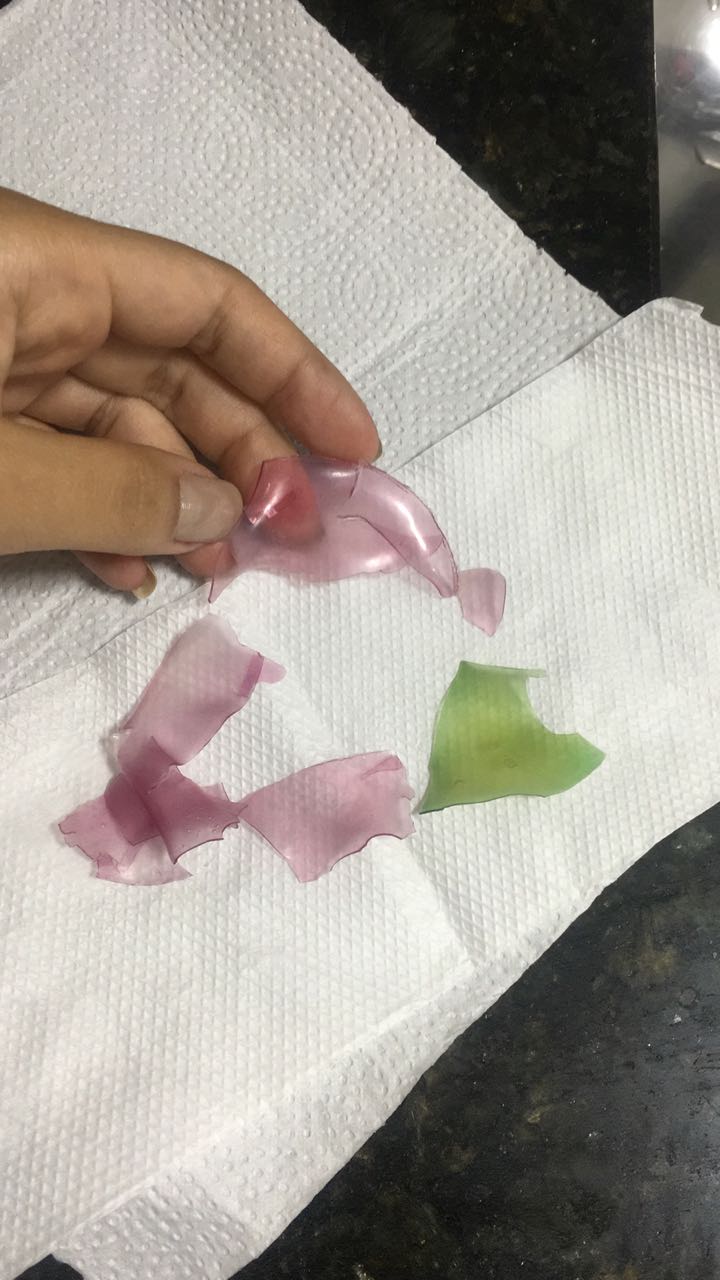
chief financial officer Camila França told FoodNavigator-LATAM.
Plasticor is superior to conventional ‘use-by’ date labels because it considers other variables such as the storage conditions after the product has been purchased or opened.
It currently works best with fresh products such as fruit, vegetables, bread and bakery products, said França, and
Plasticor was founded by students and alumni of the Federal University of Rio de Janeiro after they won first prize at a 2017 Hackathon that was coordinated by Brazilian business development agency Sebrae.
The students have a range of disciplines covered, including nanotechnology, polymer science, biophysics, product design, and marketing, and have launched a crowdfunding campaign on the platform Kickante to raise funds.
Money raised will go towards product testing, submitting a food safety dossier to the regulatory authority ANVISA, and scaling up.
“We had a lot of interest from many investors however none of them formalized the funding… It's our biggest plea!” França added.
Biodegradable and compostable
Co-founder João Vítor Balbino said: “The environmental impact is also reduced since the use of plastic materials has been abundant in the food industry in the last decades. Our packaging is eco-friendly because it doesn’t use chemical additives and doesn’t take years to degrade."
Unlike common plastics, which can take up to 500 years to degrade, Plasticor can be composted and takes around six months, the students estimate.
“The micro-particles are not aggressive to the environment because our plastic is biodegradable,” França said.
‘Comida dormida’: Brazil’s 41,000-ton food waste problem
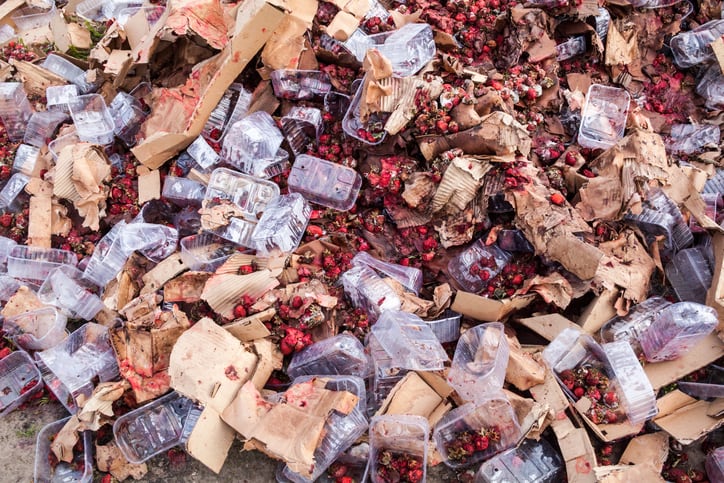
An estimated 41,000 tons of food is wasted in Brazil every day – enough to feed 25 million people, or 13% of the country's population, each day.
Tackling food waste in the supply chain and home is a priority for Brazil’s Agricultural Research Corporation (Embrapa) a division of the Ministry of Agriculture, Livestock, and Food.
In recent years, it has been collaborating with the European Union as well as non-profit WWF Brazil and the United Nations’ Food and Agriculture Organization (FAO) in order to better understand food waste and food insecurity, and develop public policies to cope with this double burden.
As part of this project, it surveyed almost 1,800 families on their eating habits and food waste, around half of whom kept a daily photographic food diary, and presented the findings at its headquarters in Brasilia in September 2018.
It found that:
Brazilian families waste an average of 353 g of food every day, which adds up to 128.8 kg per year.
The most wasted foods were rice (22%), beef (20%), beans (16%) and chicken (15%).
Relative to the total volume, fruit (4%) and vegetables (4%) were wasted in less quantity.
“The data reinforce the heterogeneity of the Brazilian consumer market. Much of the sample is wasting relatively little food, but there is a segment that wastes a lot of food,” reads the research report.
However, income and age were not the most important factors in explaining the difference between those who waste food and those who do not.
Behavioral factors, such as ‘valuing abundance’ played a significant role.
“The taste for abundance at the table is a characteristic of Latin culture and increases the propensity for food waste to occur because in a segment, leftovers are considered ‘comida dormida’,” it says.
“[This] expression carries a pejorative connotation and means that the food from previous days, especially leftovers of rice and beans, should no longer be consumed.”
Based on the findings, the researchers call for more public-private partnerships to lead food waste awareness campaigns.
“Respondents with greater environmental awareness and greater perception of the impact of the food waste in the family budget, were less likely to waste food.”
To download the full report, click here (in Portuguese).

